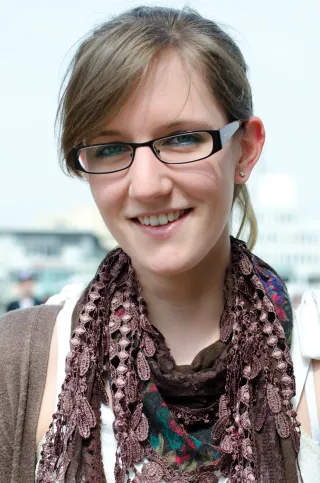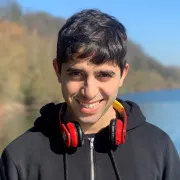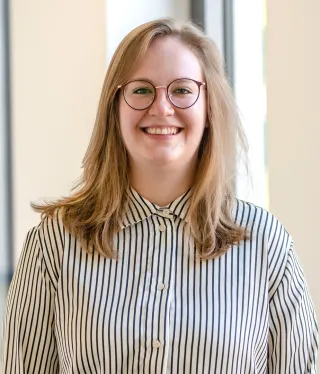Master of Education
Physics, Master of Education
- What are dark matter and dark energy?
- Which are the components our matter consists of?
- How do galaxies evolve?
- How can an embryo be made visible by ultrasound?
Profile |
|
|
Degree
|
Master of Education
|
|
Start
|
Winter- and summer semester
|
|
Duration
|
4 semesters
|
|
Classroom language
|
German
|
|
Admission
|
Not restricted, application at the faculty required
|
Other degree programs in the subject
rub





